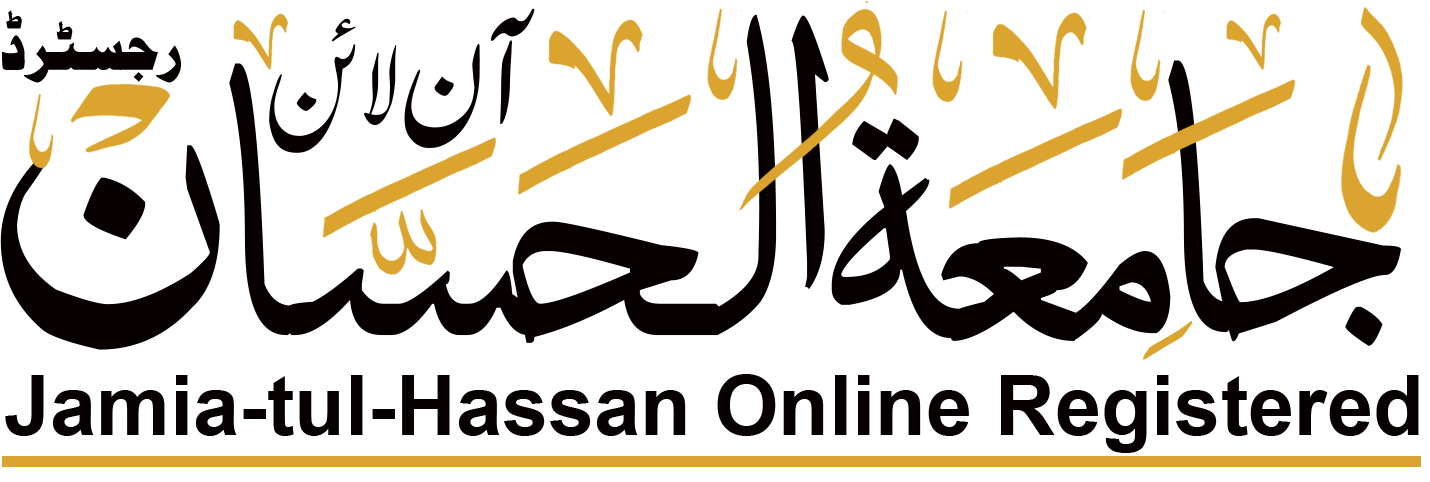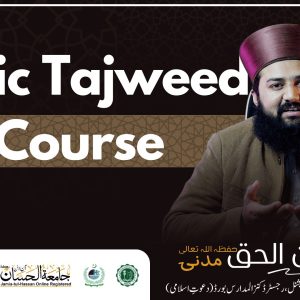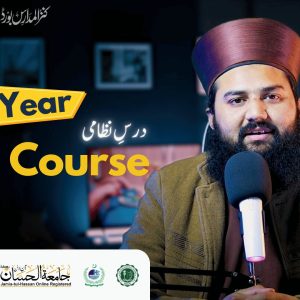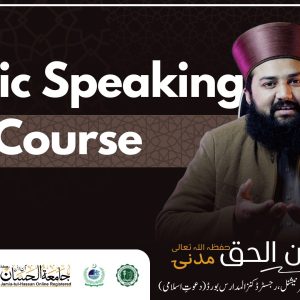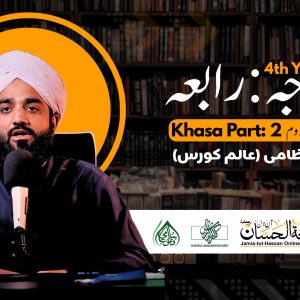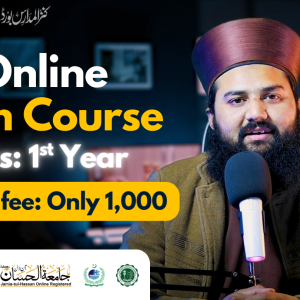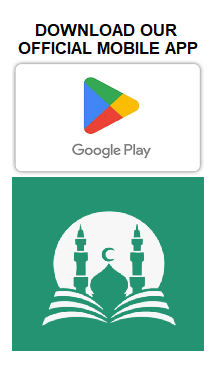Exploring the Growth of Muslim Schools in US

The Rise of Islamic Schools in the United States
Historical Context
The establishment of Islamic schools in the United States is not a recent phenomenon. The first Muslim school in America was founded in the early 20th century. However, it wasn’t until the latter part of the century that the number of these schools began to increase significantly. This growth can be attributed to a variety of factors, including the increasing Muslim population in the US and the desire of Muslim parents to provide their children with an education that aligns with their religious and cultural values.
Current Landscape

What Makes Islamic Schools Unique?
Curriculum and Educational Approach
Islamic schools in the United States offer a curriculum that combines standard academic subjects with Islamic studies. This dual approach allows students to receive a well-rounded education that not only prepares them for higher education and future careers but also instills a strong understanding of their faith and cultural identity.
Subjects such as mathematics, science, and language arts are taught alongside courses in Quranic studies, Islamic history, and Arabic language. This integration of religious and secular education helps students develop a comprehensive worldview that is informed by both their faith and contemporary knowledge.
Prayer and Religious Activities
One of the distinguishing features of Muslim schools is the incorporation of prayer times and religious activities into the daily schedule. Unlike public schools, Islamic schools provide opportunities for students to perform daily prayers and participate in religious observances. This not only supports the spiritual development of students but also fosters a sense of community and belonging.
Cultural Sensitivity and Inclusivity
Islamic schools are designed to be culturally sensitive environments where students can learn and grow in a setting that respects and celebrates their religious and cultural identity. These schools often host events and activities that promote cultural awareness and understanding, both within the Muslim community and beyond.
The Impact of Muslim Schools on Students and Communities
Academic Achievement
Research has shown that students in Islamic schools often perform well academically. This success can be attributed to several factors, including smaller class sizes, dedicated teachers, and a supportive learning environment. Moreover, the integration of religious and secular education helps students develop critical thinking skills and a strong moral compass, which can contribute to their academic success.
Social and Emotional Development
Islamic schools provide a nurturing environment that supports the social and emotional development of students. The emphasis on community, respect, and empathy helps students build strong interpersonal skills and develop a sense of responsibility towards others. This holistic approach to education prepares students to be active, engaged members of society.
Strengthening the US Muslim Community

The growth of Muslim schools has had a positive impact on the broader US Muslim community. These institutions serve as community hubs where families can connect, share resources, and support one another. Additionally, they play a vital role in preserving cultural and religious traditions, ensuring that future generations remain connected to their heritage.
Challenges and Opportunities
Addressing Misconceptions
Despite their growth and success, Islamic schools in the United States still face challenges, including misconceptions and stereotypes about their nature and purpose. It is crucial for these schools to engage with the broader community and promote understanding through open communication and outreach efforts.
Expanding Access and Resources
While the number of Islamic schools has increased, there is still a need to expand access to these educational opportunities, particularly in underserved areas. This requires collaboration between educators, community leaders, and policymakers to ensure that resources and support are available to help these schools thrive.
Embracing Diversity
As the US Muslim community continues to grow and diversify, Islamic schools have the opportunity to become even more inclusive and representative of the various cultural and ethnic backgrounds within the community. By embracing diversity, these schools can foster a richer educational experience for all students.
Conclusion
The growth of Muslim schools in America reflects the evolving educational landscape and the increasing diversity of the nation. These schools offer a unique blend of academic and religious education, providing students with the tools they need to succeed both academically and personally. As they continue to grow and evolve, Islamic schools have the potential to play an even more significant role in shaping the future of education in the United States. By addressing challenges and seizing opportunities, these institutions can contribute to a more inclusive and understanding society for all.
📚 Explore Our Latest Islamic Courses 📚
